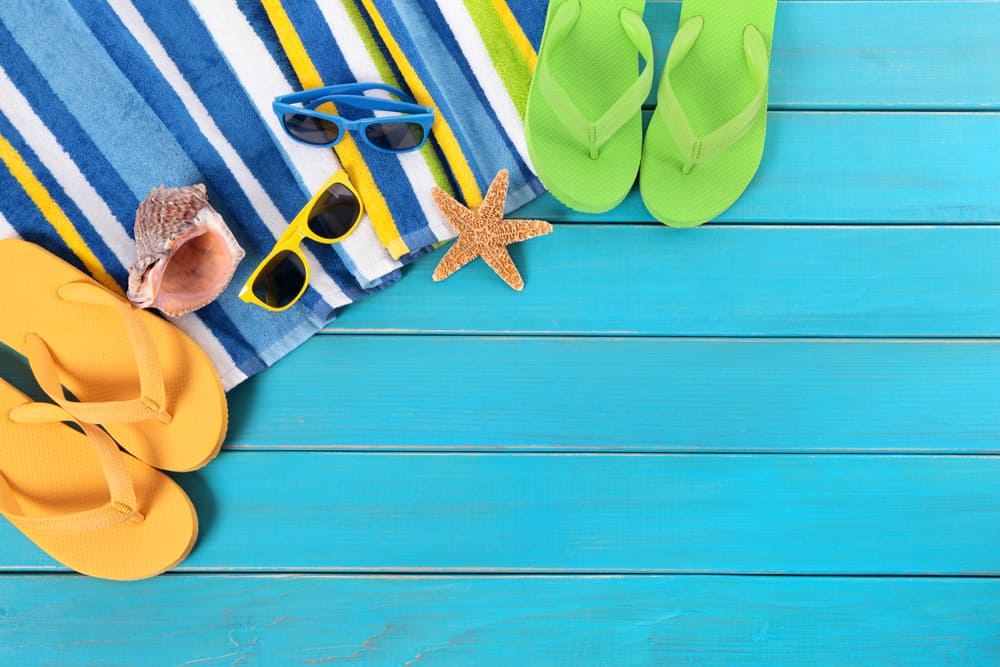By Margaret Harris

I’ve just started reading Letters to a Young Scientist, a new book by the eminent biologist Edward O Wilson. I picked it up as a possible subject for Physics World’s Between the Lines column of short book reviews because while Wilson is definitely not a physicist – he made his name studying the social systems of ant colonies – his book is written for scientists in all disciplines.
I haven’t finished it yet, but one bit of advice from the chapter “What it takes” grabbed my attention. After stating that academic scientists should expect to work 60-hour weeks, Wilson drops the real bombshell. “Real scientists do not take vacations,” he writes. “They take field trips or temporary research fellowships in other institutions.”
My first thought was: “Easy for you to say, mate.” Wilson studies ants and, as he explains in chapter three, they are found in every land environment on the planet. So they’re not exactly restricting his choice of holidays, er, “temporary research fellowships”.
My second thought was: “What about their families?” Wilson is married and he and his wife have a daughter. Did he take both of them on his field trips to the Amazonian rainforest? Or did they just never take holidays together as a family? Of course, not all scientists have children or spouses. However, even the single, childless ones have parents and friends who may, perhaps, wish to see them at times and places that do not coincide with “field trips”. What are they supposed to do?
My final thought, however, was: “He may be on to something.” Okay, so combining holidays and research is relatively easy for an ant biologist, and even easier for a married, male ant biologist at a wealthy institution (Wilson spent most of his career at Harvard). But even a discipline like physics, which is not generally associated with exotic places, does boast a rather high number of scenically located institutions and conferences. Sure, politics probably played a role in siting CERN at the foot of the Jura Mountains, and the Los Alamos National Lab was built in the New Mexico high desert for national security, and there’s a regular atomic-physics conference in Obergurgl, Austria, at the start of the ski season because…um…because…hmm.
As destinations for working semi-holidays, these places are likely to be popular with both scientists and their families, and I suspect that a milder version of Wilson’s “field trips not vacations” philosophy has helped sustain them over the years. So with that in mind, the question for this week’s Facebook poll is:
Do “real scientists” take research trips instead of holidays?
Yes
No
As always, you’re welcome to comment on the poll either here or on Physics World’s Facebook page, and we’ll post the results next week.
In last week’s poll we asked: “Is creativity as important in science as it is in art?” The outcome was resounding, with 94% of the respondents choosing “yes” and the remaining 6% opting for “no”. The poll also attracted a lively discussion among our Facebook followers about the topic, with many people writing about why new science requires creativity. Here are a couple of your comments:
“Imagination is the spark and the fuel; it is the genesis of the question. Creativity enables us to explore the ‘how’ and ‘why’ of those questions.”
Thomas Fontaine
“Creativity is thought itself; it is being able to diverge from the pattern of mere stimulus response, input and output; to become separate from the universe enough to observe it, to appreciate it. Without creativity, science is a dead process amounting to nothing.”
Jordan Munroe
Thanks for all your participation and we hope to hear from you again in this week’s poll.



